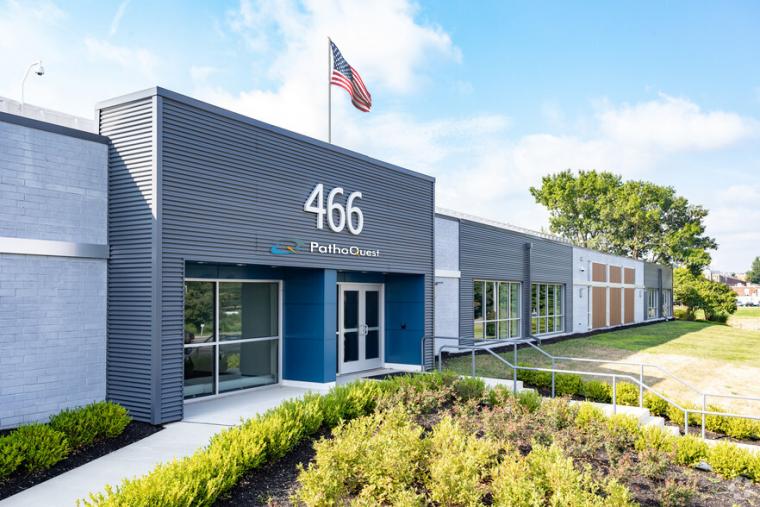
PathoQuest, a leader in the development and provision of Next Generation Sequencing (NGS) testing services for the biopharmaceutical industry, announced that it has formally opened its new facility based in Wayne, PA. The 7000 sq ft facility has already begun to take on new clients from across North America as well as globally, allowing life-changing biologics to be tested in this key market.
Jean-François Brepson, CEO of PathoQuest commented “Our new facility in Wayne represents a significant cumulative investment of 10 million dollars (USD) [10.5 million EUR], which expands our ability to better serve the key U.S. market.” As innovator companies continue to bring exciting new therapies to market, there is a critical need for alternative biosafety and characterization strategies, especially for the life-changing cell and gene therapies being developed in the U.S. Mr. Brepson continued “the application of new technologies such as NGS can solve many of the challenges in biosafety testing faced by these new therapies, such as lower production volumes and incompatibility with classical cell-based assays.”
The establishment of the Wayne facility has been led by Dr. Colette Côté, the Chief Portfolio Officer and General Manager of PathoQuest’s U.S. operations. Dr. Côté was appointed to post in March 2021 (link), and since this time has been building the team and testing capabilities to offer NGS testing services to the highly regulated biopharmaceutical market. “We have an excellent team of 9 in scientific, operational and quality roles who are already working with U.S. customers.” Over the next 18 months the Wayne facility is planning to expand the number of employees to 20 as testing volume begins to ramp. “Our next major milestone is the launch of GMP services which is planned for H1 2023” concluded Dr Côté.
Biosafety testing and characterization is a key regulatory requirement for the release of biopharmaceuticals such as monoclonal antibodies, vaccines as well as emerging cell and gene therapies. For novel products such as viral vectors used in gene therapy or gene-modified cell therapy applications, classical testing methods are often unsuitable as well as very time consuming. There is also a drive from the industry to reduce and eventually eliminate the use of animal models, which are often used in biosafety testing. PathoQuest have demonstrated across a number of peer reviewed publications the applicability of NGS to replace cell culture and animal based methods for the detection of adventitious agents.
Mr Brepson concluded “our new U.S. facility will be supported by a dedicated and expert U.S. sales team, who alongside our NGS specialists in Wayne, will help ensure our clients future success.”
